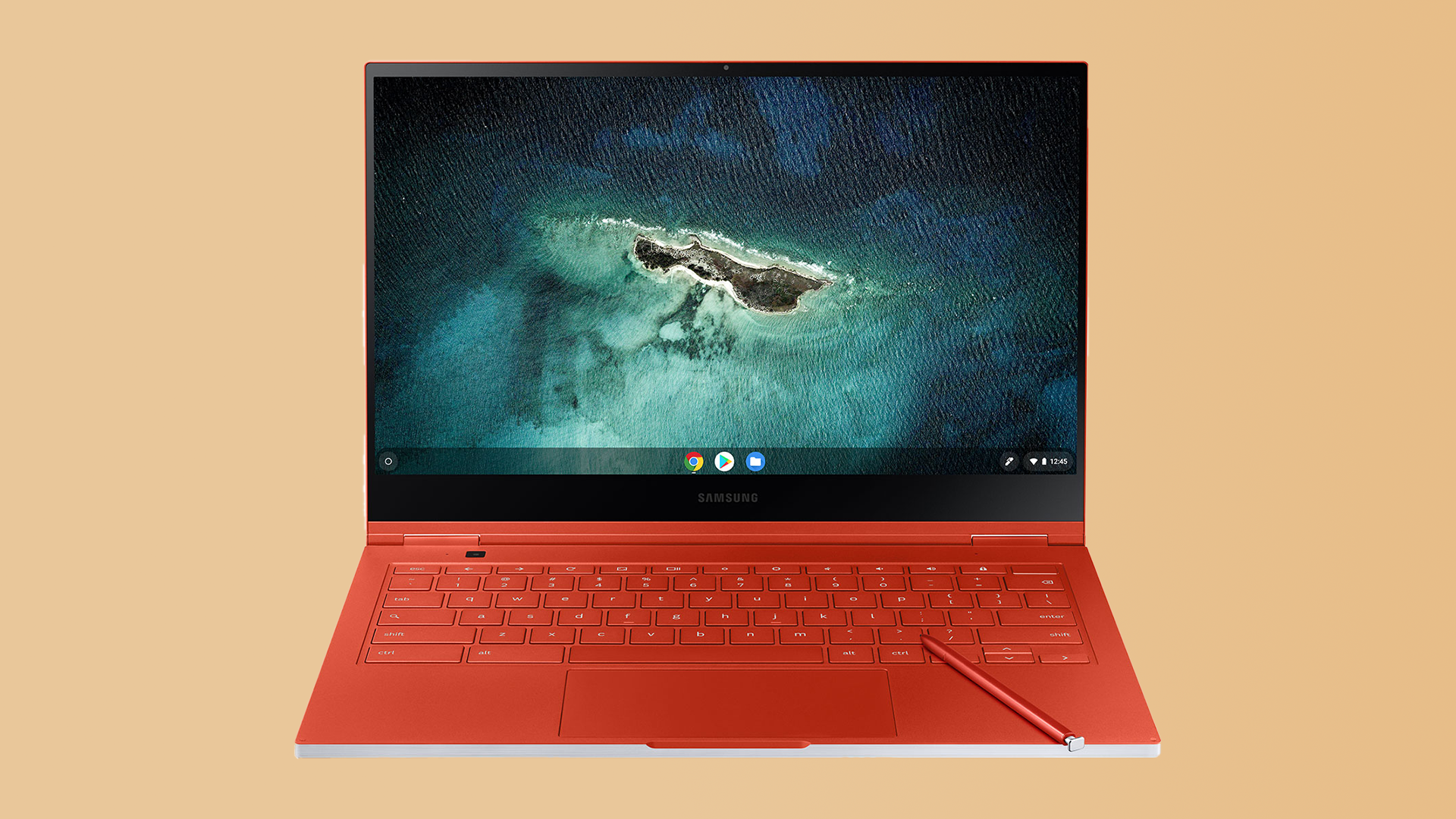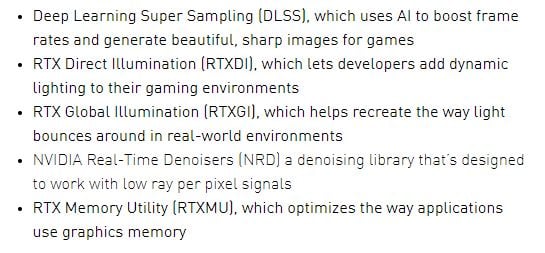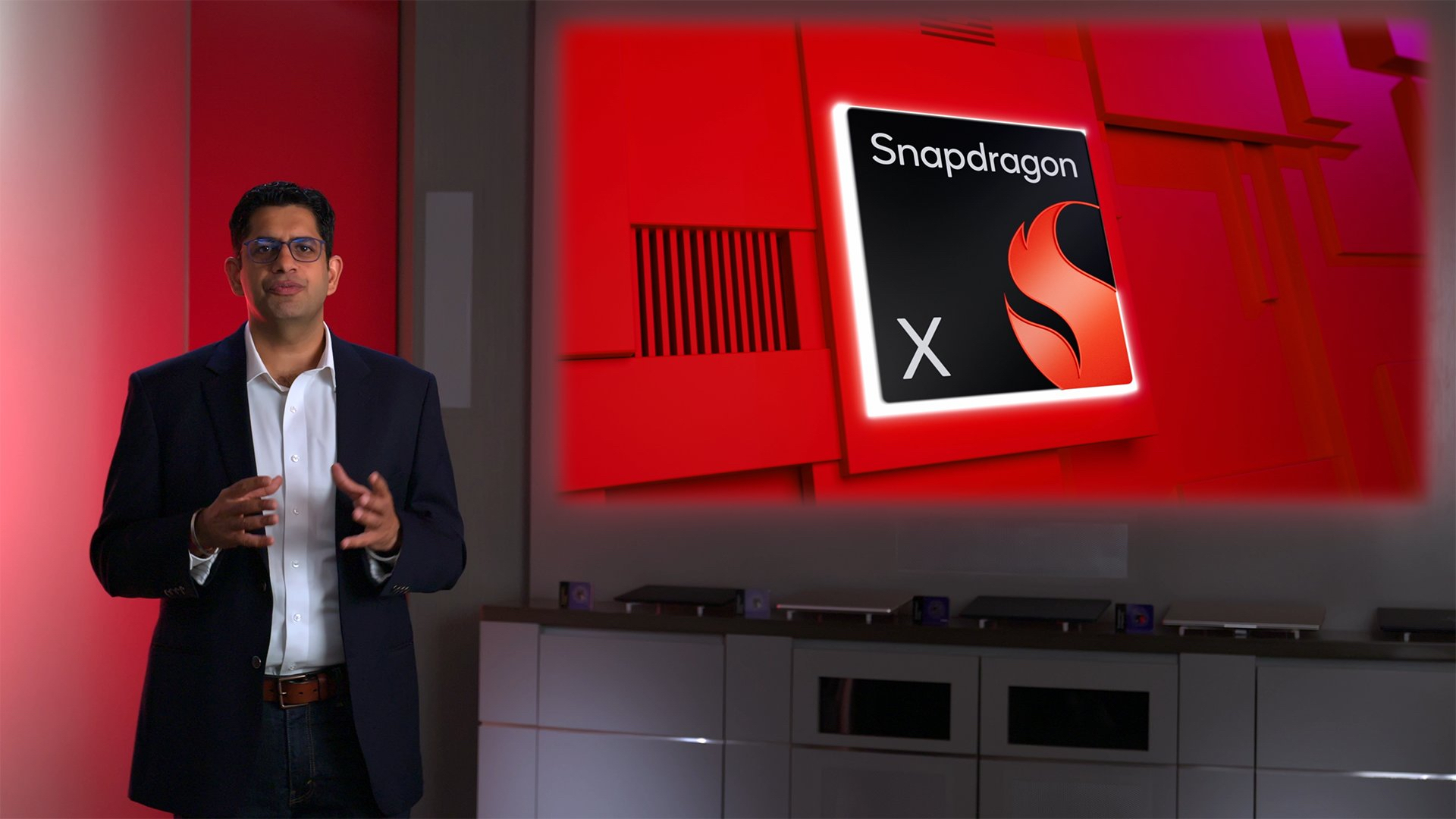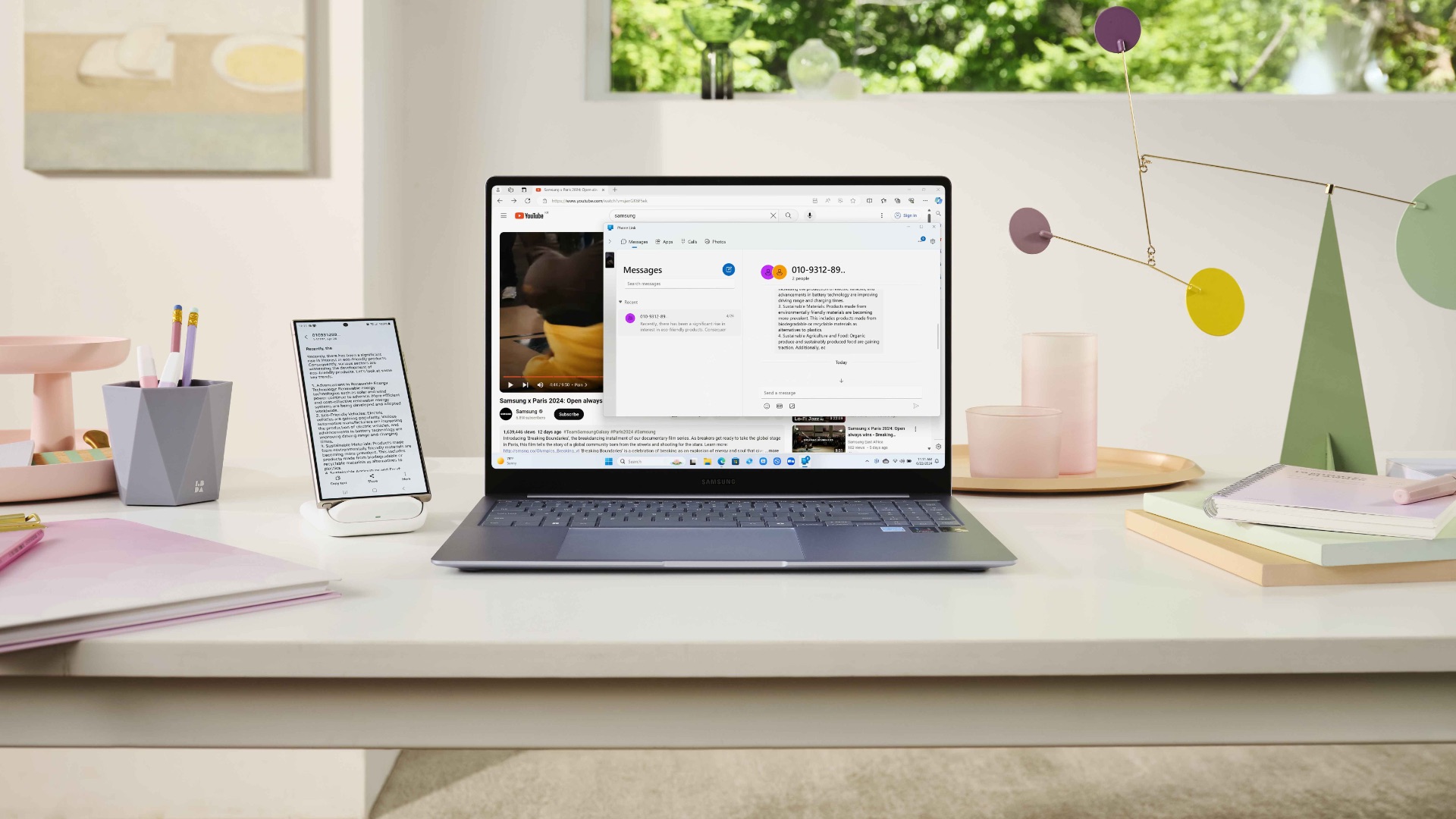
More precisely, Nvidia recently tested the RTX 3060 GPU together with the ARM-based MediaTek Kompanio 1200 processor in Linux while running the FPS title Wolfenstein: Youngblood. The Kompanio 1200 is a new MediaTek CPU that's planned to be utilized by upcoming higher-end Chromebooks.
But it's important to keep in mind that this is not just a demo — impressive as it may be. Nvidia has already made some of its latest RTX-related SDKs available for the ARM and Chromium environments, so it's quite serious about giving OEMs the necessary tools to bring the power of RTX to ARM Chromebooks.
Samsung has good reasons to give ARM Chromebooks another try
Samsung's latest Chromebooks are powered by Intel, which means they're based on the x86 architecture as opposed to ARM. Nevertheless, Samsung did release a few ARM-based Chromebooks many years ago, such as the ARM Series 3 Chromebook, and the oddly-named “XE303C12-A01.”
Samsung gave up on ARM Chromebooks a few years back, but ARM is making a comeback, especially now after the release of the Apple M1 chip. More to the point at hand, there are plenty of new reasons for Samsung to be considering switching back to the ARM platform. Well, five reasons, to be precise. They are: Nvidia's DLSS, RTX Global Illumination, RTX Direct Illumination, RTX Memory Utility, and Nvidia Real-Time Denoiser technologies.
According to The Verge, these technologies either have SDKs for ARM, Linux, and Chromium, or they're planned to be released soon by Nvidia.
There's no official word on whether or not Samsung will release new ARM Chromebooks in the future, but market watchers estimate that nearly 50% of the company's global notebook shipments will be covered by Chromebooks. And if Nvidia's latest RTX demos persuade enough Chromebook OEMs to hop on the ARM bandwagon, chances of Samsung doing the same will be exponentially higher.

















